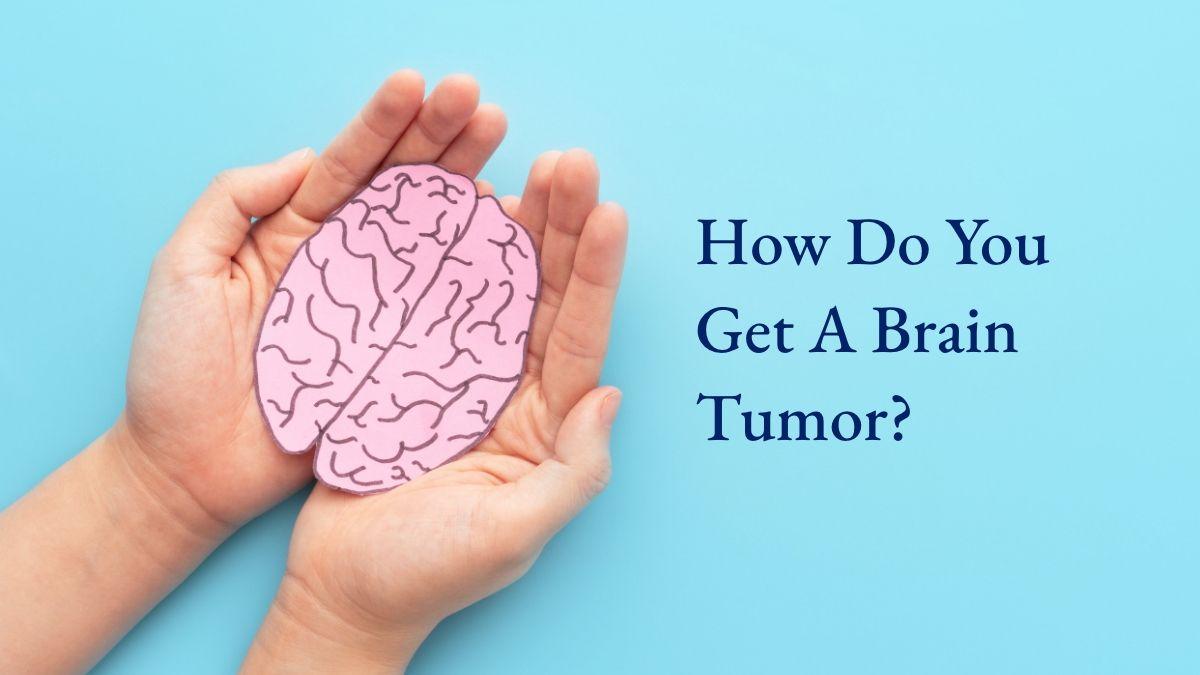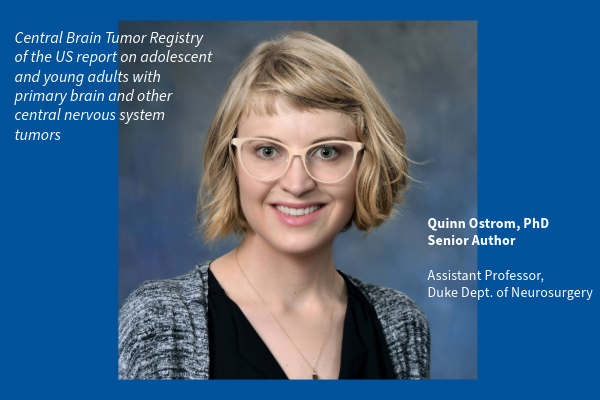How Do You Get a Brain Tumor?
A brain tumor is an abnormal growth of cells in or near the brain. These tumors can originate within the brain (primary brain tumors) or spread to the brain from other parts of the body (secondary or metastatic brain tumors).
Henry Friedman, MD on CNN's The Lead with Jake Tapper
Henry Friedman, MD sits down with CNN's Jake Tapper to discuss Mia Love's innovative treatment here at the Preston Robert Tisch Brain Tumor Center at Duke, and HOPE.
Brain Tumor Awareness Month Updates with Annick Desjardins, MD
In a recent webinar, Annick Desjardins, MD discussed Duke's groundbreaking research, with a special focus on the PVSRIPO trial, now known as Lerapolturev, as part of the Musella Foundation Brain Tumor Awareness Month series.
What Is The Most Common Type of Brain Tumor in Kids?
As parents, our children’s health is our utmost concern, and when it comes to brain tumors, knowledge is power. The most prevalent brain tumor affecting children today is what’s known as pilocytic astrocytoma, and by understanding its characteristics, symptoms, and treatment options, we can be better equipped to recognize and address this condition.
Brain and Central Nervous System Tumors Are Second Most Common Cancer in Adolescents and Young Adults
A new report led by Quinn Ostrom reveals that brain and CNS tumors are the second most common cancer among adolescents and young adults
How Long Can You Have a Brain Tumor Without Knowing?
Have you ever wondered how long a brain tumor can grow without making itself known? It's a common and important question, especially because brain tumor symptoms aren’t always obvious.
Overview and Updates in Brain Tumors with Henry Friedman, MD
Sit down with Henry Friedman, MD as he talks through an overview and updates on brain tumors featured on VuMedi.
How Active Can You Be with a Brain Cancer Diagnosis?
How active can you be with a brain cancer diagnosis? Let’s find out! Join us as we explore the connection between physical activity and resilience in the face of a brain cancer diagnosis.
Discover the empowering potential that lies within maintaining an active lifestyle, and learn how individuals can navigate their unique paths with exercise. Keep reading to learn how embracing an active life can unfold for those affected by brain cancer.
What Is Immunotherapy for Cancer?
In recent years, the landscape of cancer treatments has witnessed a groundbreaking shift with the introduction of immunotherapy. This cutting-edge approach harnesses the body's own immune system to combat and conquer cancer cells.









